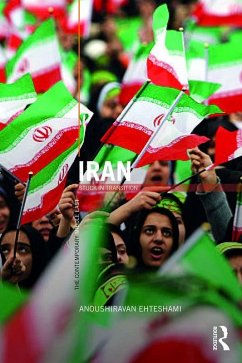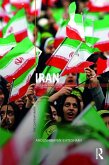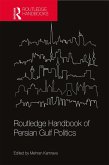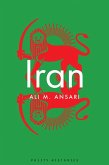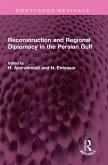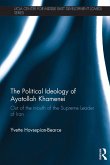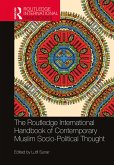Dieser Download kann aus rechtlichen Gründen nur mit Rechnungsadresse in A, B, BG, CY, CZ, D, DK, EW, E, FIN, F, GR, HR, H, IRL, I, LT, L, LR, M, NL, PL, P, R, S, SLO, SK ausgeliefert werden.
"Iran, Stuck in Transition is another fascinating intellectual enterprise by prolific Durham College University professor Anoushiravan Ehteshami. This book is an analysis of various aspects of post-revolutionary Iranian politics. The angle that Ehteshami picked for his analysis makes it unique among the intellectual works in this area. He provides a nuanced portrayal of Iranian politics that casts light on how seemingly conservative and status-quo-oriented "social and political forces in a revolutionary environment" respond to the tides of change from within and without of the polity (p. 2)." - Nima Baghdadi, Florida International University

